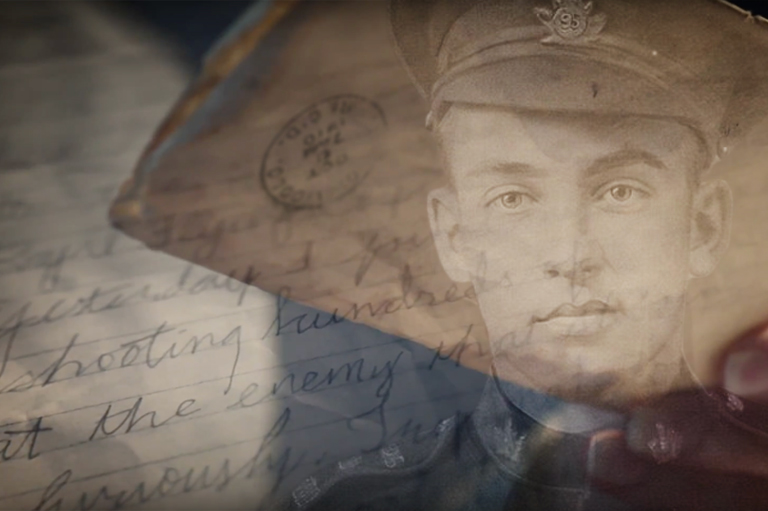War Criminal Report Revisited

An incident last fall in which parliamentarians in the House of Commons inadvertently applauded a former Waffen-SS soldier from Ukraine prompted a review of a 1980s-era report into Canadian war criminals. MPs gave Second World War veteran Yaroslav Hunka, ninetyeight, a standing ovation on September 22, 2023, after the Speaker introduced him as “a Ukrainian hero” during Ukrainian President Volodymyr Zelensky’s visit to Ottawa. None were aware of Hunka’s wartime service in the Nazis’ Galicia Division.
Hunka was among a significant number of Ukrainians who, during the war, faced a morally fraught choice between the Nazis and the Soviets. Many joined the German forces not necessarily due to a shared ideological affinity with the Nazis but as a response to the dire circumstances in which they found themselves.
Yet, for the Jews of the region, the Ukrainians who joined the Germans were continuing a history of anti- Semitic violence that predated the war: Thousands of Jews had been killed in pogroms on contested Ukrainian territory between 1918 and 1920, at a time when the entire region was engulfed in inter-ethnic violence, war on multiple fronts, revolution, counter-revolution, and chaos.
The House of Commons scandal prompted Prime Minister Justin Trudeau to look into declassifying information from the Deschênes Commission. Established in 1985, the commission was tasked with investigating the presence of suspected war criminals on Canadian soil.
With 7 uniquely curated newsletters to choose from, we have something for everyone.
Completed in 1986, the first part of the report confirmed that there were alleged war criminals in Canada and recommended changes to the Criminal Code to allow for their prosecution. The second part of the report concerned allegations against specific individuals and remained confidential.
In all, 883 cases were investigated, but only one person — Imre Finta — was charged under the new Criminal Code war-crimes provisions adopted in 1987. Finta, a Romanian police officer who served under the Nazis, was ultimately acquitted.
The Deschênes Commission acknowledged stirring up hard feelings: “The most emotional aspect of the hearings and public debate outside the hearings seemed to pit the Canadian Jewish community against the Canadian East European and Baltic communities,” the report said.
One Ukrainian Canadian who was caught in the wartime dilemma was Dr. Fedor Bohatirchuk, a specialist in radiology. He was a refugee when the University of Ottawa recruited him in 1948 to teach at its medical school. Bohatirchuk spoke openly of fighting in a militia called “Vaslov’s Army” that fought alongside the Nazis against the Soviets. Later he wrote: “It was a tragedy of history that I and thousands of others who flew West during the war years were obliged to run away to one desperado to avoid another. God and our conscience remain our only guides.”
In today’s environment of misinformation and disinformation, it can be hard to know who to believe. At Canada’s History, we tell the true stories of Canada’s diverse past, sharing voices that may have been excluded previously. We hope you will help us continue to share fascinating stories about Canada’s past, highlighting our nation’s diverse past by telling stories that illuminate the people, places, and events that unite us as Canadians, and by making those stories accessible to everyone through our free online content.
Canada’s History is a registered charity that depends on contributions from readers like you to share inspiring and informative stories with students and citizens of all ages – award-winning stories written by Canada’s top historians, authors, journalists, and history enthusiasts. Any amount helps, or better yet, start a monthly donation today. Your support makes all the difference. Thank you!
Themes associated with this article
Advertisement
Save as much as 40% off the cover price! 4 issues per year as low as $29.95. Available in print and digital. Tariff-exempt!




